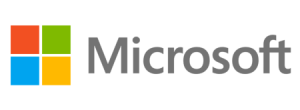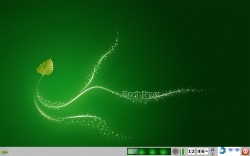
Depending on who you talk to, Microsoft may or may not port their Office productivity suite to Linux. Steven J. Vaughan-Nichols at ZDNet seems to be the biggest naysayer at the moment. You can count me in his camp. He’s right; at present we don’t represent a big enough potential market for the Redmond folks to entertain any thoughts of putting high dollar coders to work doing the porting work. I’m sure the Microsoft bean counters would estimate it would take decades for them to earn their investment back. For that reason alone, it ain’t going to happen.
But the big story here is that this isn’t the big story here.
The big story is in how we, the FOSS community, have reacted to this rumor in a way that shows how much we’ve grown and matured in the last four or five years. We’ve reacted to this rumor like responsible grown-ups and I, for one, feel like a proud parent.
Christine Hall has been a journalist since 1971. In 2001, she began writing a weekly consumer computer column and started covering Linux and FOSS in 2002 after making the switch to GNU/Linux. Follow her on Twitter: @BrideOfLinux





 I’d almost forgotten that SCO was still around until PJ at
I’d almost forgotten that SCO was still around until PJ at